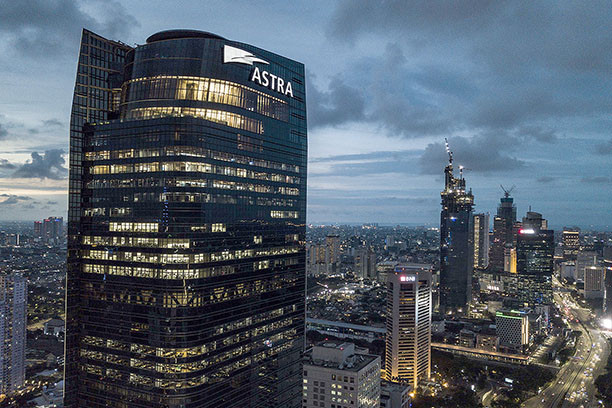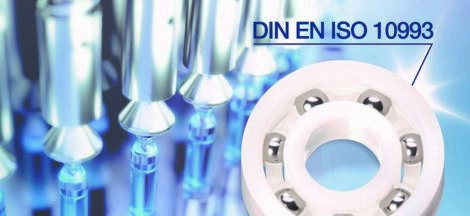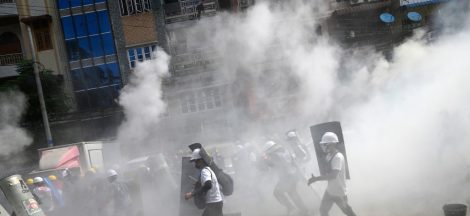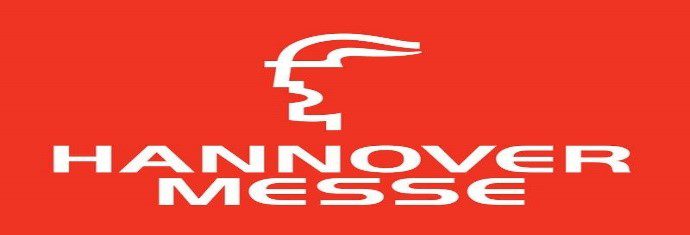Astra International’s profit plunges 44 percent in H1 as pandemic batters auto business. Diversified conglomerate PT Astra International has reported a drop in revenue and net profit in the first half of the year, largely because of the pandemic’s major impacts on the automotive industry and commodity prices.

The company’s revenue has fallen by 23 percent year-on-year (yoy) to Rp 89.8 trillion (US$6.19 billion) as of June 30. Its net profit, excluding revenue from the sale of Bank Permata shares, nosedived 44 percent yoy to Rp5.5 trillion.
Auto Business
“Countermeasures against the pandemic implemented in most regions in Indonesia, including the temporary closedown of manufacturing activities and automotive distribution, have impacted the group’s operations substantially,” Astra president director Djony Bunarto Tjondro said in a press statement on Wednesday.
Astra Group, which has over 230 subsidiaries working under seven business segments, namely automotive, financial services, agribusiness, property, infrastructure and logistics, information technology and heavy equipment, mining, construction and energy, has reported a decrease in almost all of the business sectors it operates in. However, its automotive business was the hardest hit.
Net profit in the company’s automotive segment crashed 79 percent yoy to Rp716 billion because of a fall in sales volume in the second quarter of the year. The business segment went from being the biggest contributor to net profit in June last year to its third-largest contributor.
Astra’s car sales fell by 45 percent during the first half of the year to 139,500 units. In the second quarter alone, sales fell 92 percent against the previous quarter. Honda Astra’s motorcycle sales, meanwhile, fell 40 percent to 1.5 million units in the first half and 80 percent quarter-on-quarter (qoq).
The automotive industry has been among the hardest-hit sectors during the pandemic as customers stay at home to help curb the spread of COVID-19. National car sales fell 46 percent annually in the first half to just 260,933 units, according to Association of Indonesian Automotive Manufacturers (Gaikindo) data compiled by Astra.
Car wholesales nosedived in April and hit rock bottom in May with a more than 95 percent annual drop before rebounding in June, the data shows.
“Surely, the outlook for the automotive industry is quite challenging as consumer confidence is still quite weak and auto financing has yet to recover,” BNI Sekuritas head of equity research Kim Kwie Sjamsudin told The Jakarta Post on Wednesday.
He noted that those two sectors accounted for a big chunk of the company’s business.
The company’s financial services segment saw its net profit decrease by 25 percent yoy to Rp 2.1 trillion as a result of the increase in provisions set aside to cover the losses from a growing number of bad loans in consumer and heavy equipment financing, the company reported.
In May this year, Astra International sold its entire shares in Bank Permata, worth around Rp16.83 trillion, to Bangkok Bank. From the sales, Astra made Rp5.88 trillion in net profit, higher than the profit it booked from its business operations alone.
Astra also reported that its heavy machinery, mining, construction and energy segment had generated Rp 2.37 trillion in net profit, making it the biggest contributor to the company’s total net profit, despite seeing a 29 percent annual decline in revenue due to lower sales and contract volume, driven by weaker coal prices.
The agribusiness segment also experienced a rise in net profit, increasing a staggering 791 percent from Rp35 billion to Rp312 billion in the first half as a result of rising crude palm oil (CPO) prices, especially during the year’s first quarter. Average CPO prices increased by 26 percent yoy to Rp 8,109 per kilogram in the first half, the company said.
“Most probably, Astra International will pin its hopes on the agribusiness segment and its gold mines going forward,” Jasa Utama Capital analyst Chris Apriliony said on Wednesday.
The rise in the two business lines, he added, would be driven by higher CPO and global gold prices, which could cushion the adverse impact faced by its other cooling businesses.
Kim of BNI Sekuritas, on the other hand, noted that the commodity sector was highly-dependent on global economic activities and with the easing of global lockdown, things would start to move northward.
“We expect the second quarter of 2020 to be the bottom, earnings-wise,” he said.
Astra’s shares, traded at the Indonesia Stock Exchange (IDX) with the code ASII, jumped by almost 1 percent as of 12:58 p.m. Jakarta time on Thursday while the main gauge, the Jakarta Composite Index (JCI), gained 0.25 percent.
Its stocks have lost almost 26 percent of its value so far this year versus an 18.66 percent loss recorded by the JCI. Astra International’s profit plunges 44 percent in H1 as pandemic batters auto business (Yunindita Prasidya, The Jakarta Post)





 Automakers Rev Up Discounts to Beat Coronavirus Sales Blues
Automakers Rev Up Discounts to Beat Coronavirus Sales Blues 